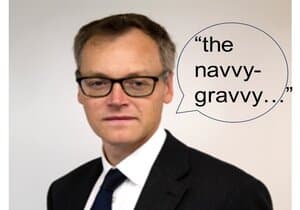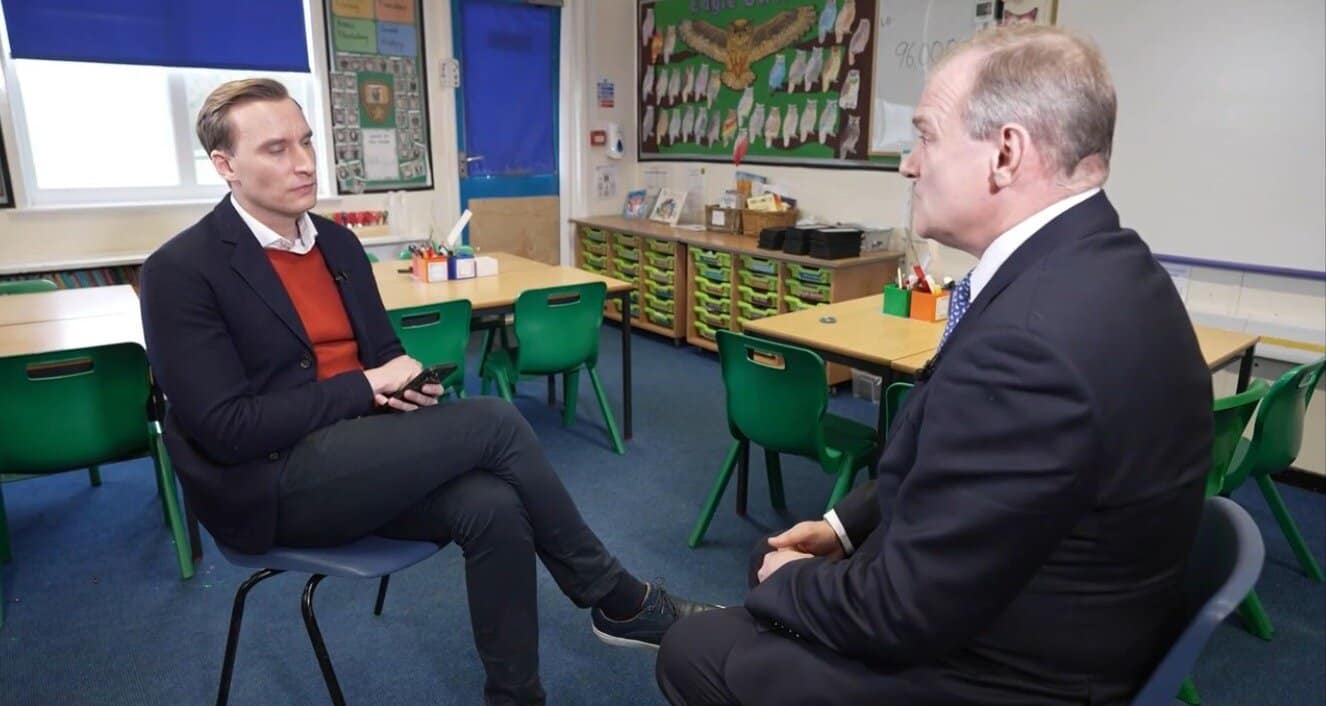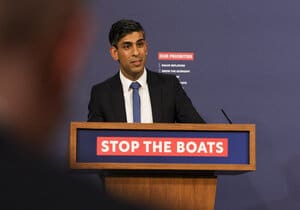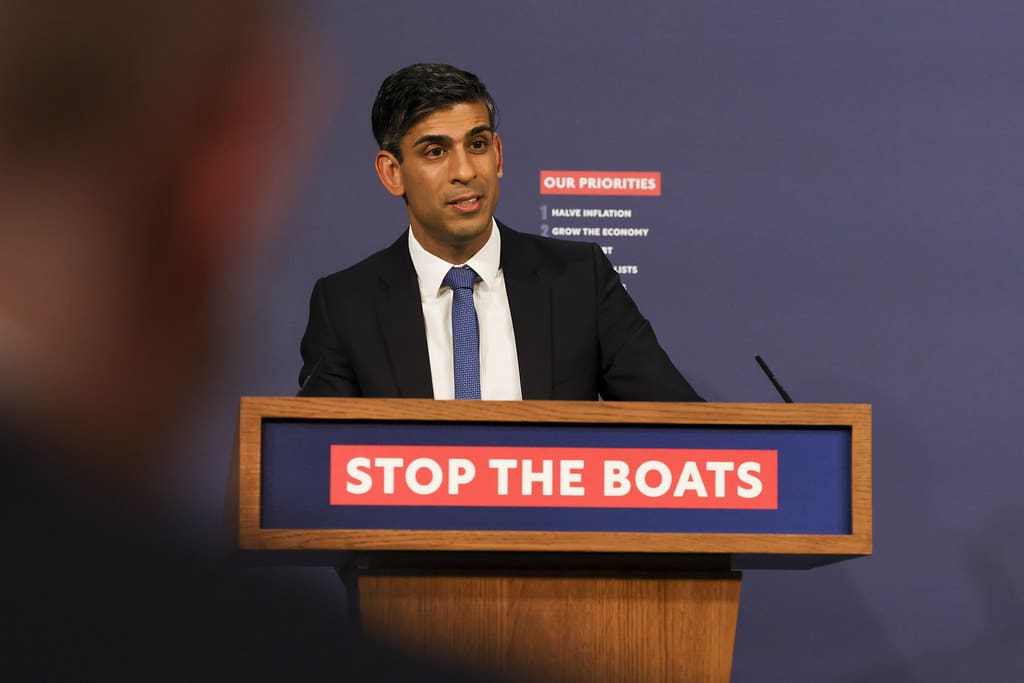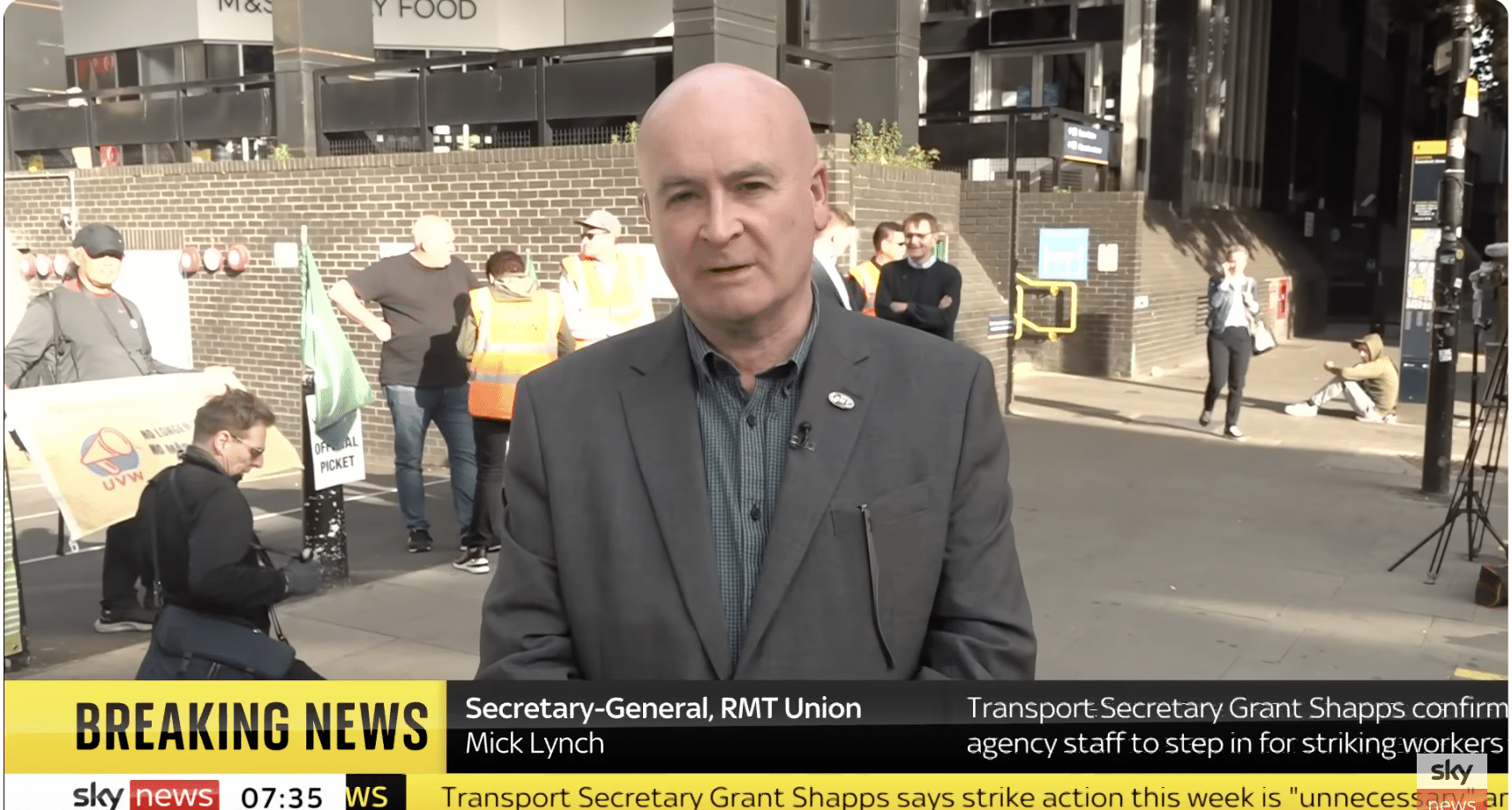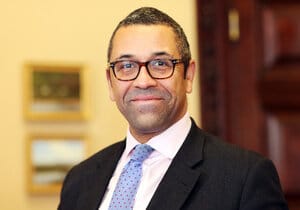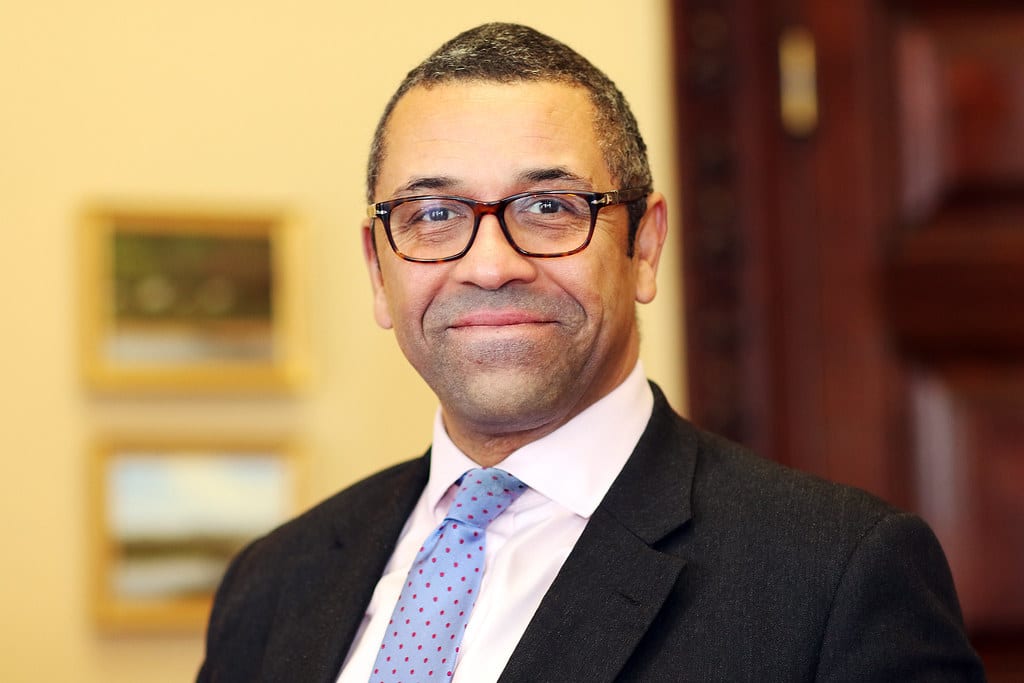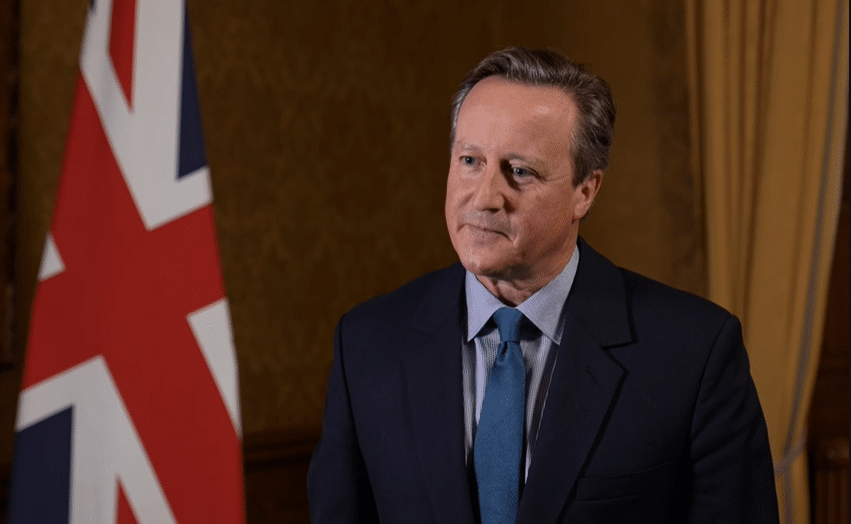Why Business Presentations Should Be More Like Stand-up Comedy
It’s a bold claim, but one which I stand by: business presentations should be more like stand-up comedy.
Does that mean I think they should be funnier?
Possibly.
More entertaining?
Ideally.
More impactful?
Absolutely.
But this will depend on how they are structured.
After more than thirty years of working with people making business presentations, one thing is clear: the structure often falls by the wayside (or at the very best, is the last aspect to be considered).
In fact, often the first thing that a presenter will do by way of preparation is to get hold of their laptop, open PowerPoint and start designing their first slide.
Frustratingly, they often seem to spend more time thinking about their colour scheme and which font they are going to use, than they do their key messages – which are the ‘point’ of a presentation after all.
It’s here that we can learn a lesson from the world of comedy. In order for the ‘punchline’ to land, what happens previously is crucial. The gag won’t work if the ‘set-up’ is faulty.
For this reason, I advise aspiring presenters who are in the planning stage to ‘reverse-engineer’ their presentations. In other words, decide what they are going to leave their audience with first, then work backwards to ensure that when it is presented the right way around, their argument flows smoothly, logically and coherently. It’s the best way to ensure the audience will ‘take home’ what you want them to.
As many presentation trainers will tell you – for your audience’s benefit, it’s a case of ‘tell them you’re going to tell them, tell them and then tell them you’ve told them’.
For more of this sort of thing, the excellent series ‘The Comedian’s Comedian Podcast’, hosted by stand-up Stuart Goldsmith is worth a listen (there are almost 500 episodes to download for free out there):
In episode 288, recorded in 2019, the brilliant Chris Addison (stand-up comedian, star of ‘The Thick Of It’, ‘In The Loop’, and award-winning director of ‘Veep’) explains that he structures his comedy in the same way he was taught to write essays at university.

Chris Addison
In the interview, he says:
“Once I’d got to the show, I would take all the jokes off it and write a 1500-word through-line essay on what the argument of the show is – to prove to myself that it makes sense… I’d write a real essay and then put the jokes back on it, just to know I had the show; that I had the order of it.
“You’re not going to say or read out the essay or show people. It was just part of the process to make absolutely certain that what I was saying… had some foundation. Because on some level, people know. They can tell when you’re wandering off, or they can tell when you’re sticking to the thing that you said.
“So, ‘tell them you’re going to tell them, tell them and then tell them you’ve told them’ is a good maxim. But the middle bit is where people go wrong.”
This advice is gold dust. I’m not suggesting that every comedian goes to these lengths – but it does serve to indicate just how important structure is to conveying ideas powerfully.
However, comedy has even more to offer the process of presentation structure than this – and that’s with what the industry terms ‘callbacks’.
These are simply references to what has gone before. It’s the act of repeating a word, phrase or situation which has already been referred to, and is now even funnier because it’s getting a mention again. Because you literally ‘needed to have been there’ to get the repeated reference, it’s like an inside joke for that particular audience at that particular time.
Musicians will understand the concept of a ‘leitmotif’ – a recurrent theme throughout a musical composition which is associated with a particular person, idea, or situation. It might be just a few notes in a phrase, but they transport you back to something earlier on. And it’s the combination of these references that provides the impact.
In stand-up, often the reference itself doesn’t need to be that funny. It’s only by association with what was said previously that it acquires an extra dimension. Those who were there get it and recognise a bond – a feeling of belonging – with others who get it too.
In presentations – even deadly serious ones – we can make use of the same idea. But we call it ‘circularity’. This is where the end of your presentation harks back to something you mentioned previously (usually at the start) and is not only more powerful for precisely the reasons explained above, but also provides a sense of ‘closure’ or ‘completion’ – fulfilling a ‘promise’ which you made earlier. (This can also help provide a ‘clap line’, generating applause at precisely the moment you want it!)
To take an example from comedy, let me offer you this:
In the American film ‘Airplane’ (1980), a passenger gets into a taxi. The driver tells him to wait and that he’ll be right back, and runs into an airport. But the driver ends up getting on a plane and not returning at all. Right at the end of the movie – indeed, after the closing credits – the film cuts back to the passenger in the car, who’s still waiting, and who says, “Well, I’ll give him another 20 minutes. But that’s it!”
Notice that the line on its own isn’t funny. It only works because it’s a callback. It’s circularity. But for it to be effective, it needs structure – which is essential to make business presentations more like stand-up comedy.
Funnier?
Possibly.
More entertaining?
Ideally.
More impactful?
Absolutely.
(P.S. And please – once you’ve delivered the circularity with aplomb – avoid the temptation to give a knowing wink and add “Do you see what I did there?” Because that completely ruins it!)
Image: Chris Addison
Salim Fadhley, CC BY-SA 3.0 <http://creativecommons.org/licenses/by-sa/3.0/>, via Wikimedia Commons


